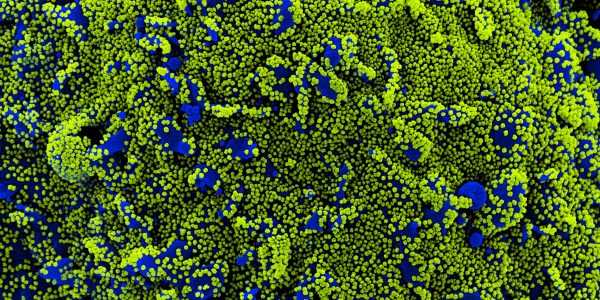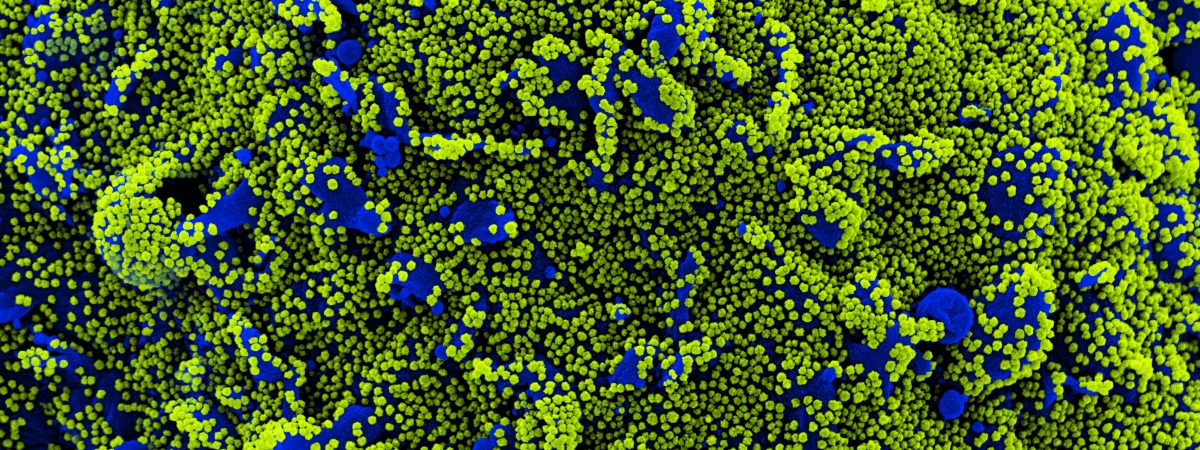As experiences of long COVID continues for many, including with cognitive impairment, called brain fog, an approach for care is video games, an approach by “James Jackson, PsyD, the Assistant Director of The ICU Recovery Center at Vanderbilt (one of the only clinics in the United States devoted to treating survivors of critical illness), a Research Associate Professor, and the lead psychologist for the CIBS Center at the Vanderbilt University School of Medicine.”
According to CBS News, his team developed a video game where participants played for “25 minutes a day, five days a week for eight weeks.” He said “Often people are complaining of memory problems and when you dig in you find out the deficits are inattention.” About the video game, he said, “Is it going to translate into you being able to do your taxes? Are you going to be able to be organized? Are you going to be able to be driving? And when you stop the game, do all those benefits stop? We’ll see at the end of the day if this works or not. If it does, I think it opens the door to a lot of possibilities.”
According to WebMD, “brain fog isn’t a medical condition, it’s a term used for certain symptoms that can affect your ability to think, you may feel confused or disorganized or find it hard to focus or put your thoughts into words.”
There is a list of situations and conditions that could result in brain fog, including depression, lupus, chemotherapy or chemo brain, multiple sclerosis, chronic fatigue syndrome and others.
The approach with video games is great, the question, however remains why would coronoavirus disease affect the brain, when it is not a so called brain disease?
There was a recent study published in Cell, Mild respiratory COVID can cause multi-lineage neural cell and myelin dysregulation where in a brief was described that, “the genes expressed in microglia after COVID-19 overlapped closely with those expressed by microglia in other disease contexts, including cognitive decline in aging and in neurological conditions such as Alzheimer’s disease. This finding lines up with prior work linking microglial reactivity to poor cognitive function.
Microglial reactivity was particularly high in the hippocampus, a brain center involved in learning and memory. Elevated chemokines called CCL11 can directly cause microglial reactivity specifically in the hippocampus. The formation of new neurons in the hippocampus of the mice was impaired, likely due to the cytokine changes and the increased reactivity of microglia.”
In another study, published in Nature, SARS-CoV-2 is associated with changes in brain structure in UK Biobank where they “investigated brain changes in 785 participants of UK Biobank (aged 51–81 years) who were imaged twice using magnetic resonance imaging, including 401 cases who tested positive for infection with SARS-CoV-2 between their two scans — with 141 days on average separating their diagnosis and the second scan — as well as 384 controls.”
They “identified significant longitudinal effects when comparing the two groups, including (1) a greater reduction in grey matter thickness and tissue contrast in the orbitofrontal cortex and parahippocampal gyrus; (2) greater changes in markers of tissue damage in regions that are functionally connected to the primary olfactory cortex; and (3) a greater reduction in global brain size in the SARS-CoV-2 cases.”
Though cellular and molecular investigations around brain fog are important, but mind-body role in how the mind affects the body and vice versa can also be a factor.
Video games may be useful to a wider pool, tailoring across memory and thought problems.




